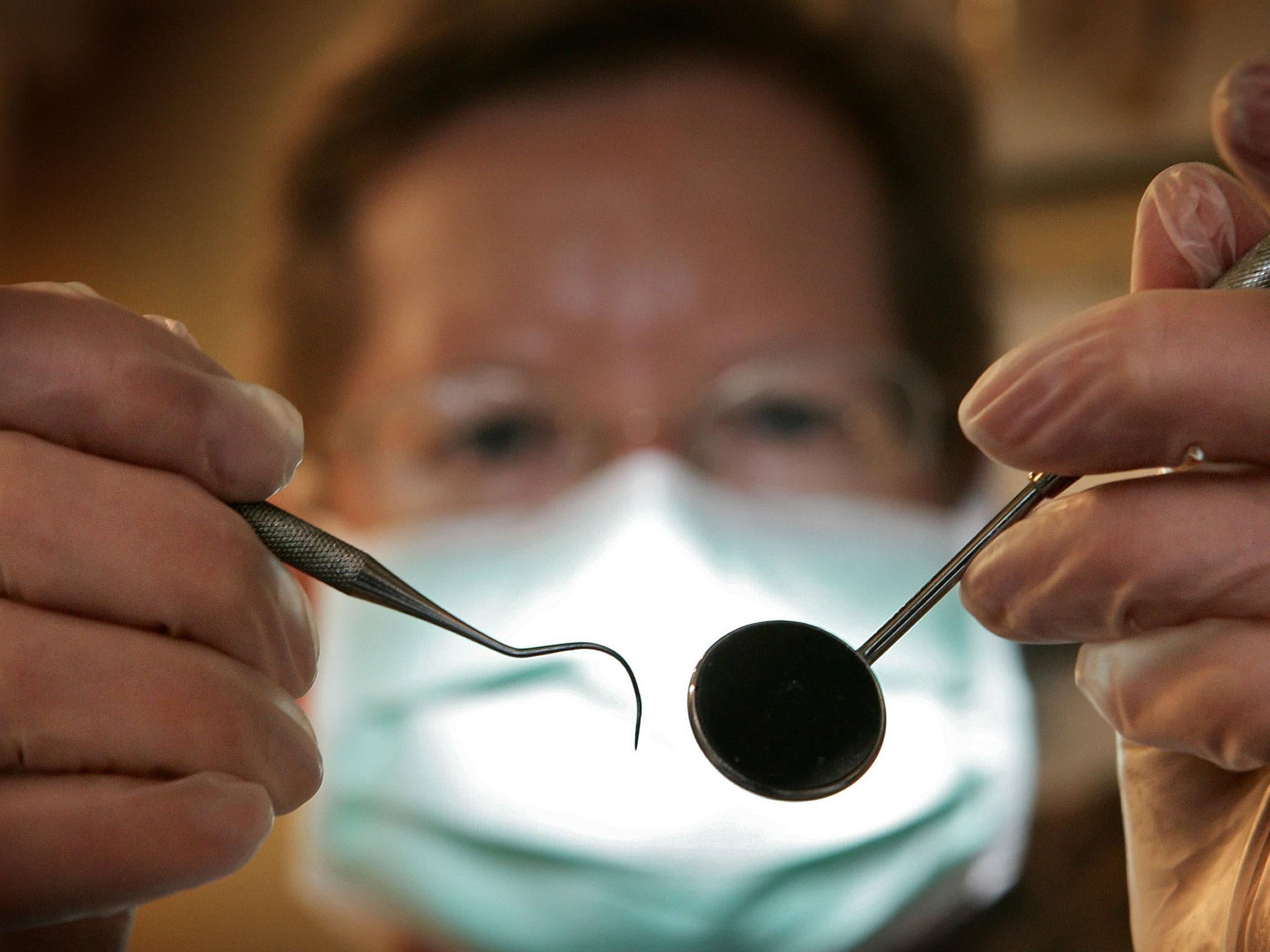Robot dentist completes first ever operation without any input from humans
Two 3D-printed teeth successfully implanted into patient's mouth

Your support helps us to tell the story
From reproductive rights to climate change to Big Tech, The Independent is on the ground when the story is developing. Whether it's investigating the financials of Elon Musk's pro-Trump PAC or producing our latest documentary, 'The A Word', which shines a light on the American women fighting for reproductive rights, we know how important it is to parse out the facts from the messaging.
At such a critical moment in US history, we need reporters on the ground. Your donation allows us to keep sending journalists to speak to both sides of the story.
The Independent is trusted by Americans across the entire political spectrum. And unlike many other quality news outlets, we choose not to lock Americans out of our reporting and analysis with paywalls. We believe quality journalism should be available to everyone, paid for by those who can afford it.
Your support makes all the difference.A robot has carried out a dental operation without help from humans for the first time, carrying out implant surgery on a patient in China.
Although medical staff were present during the one-hour surgery in Xian, Shaanxi province, they did not play an active role.
Two new teeth, created by 3D printing, were successfully implanted into a woman’s mouth, the South China Morning Post reported.
The robot was developed by Beihang University in Beijing and the Fourth Military Medical University’s Stomatological Hospital.
Dr Zhao Yimin, who works at the hospital, told the newspaper the robot was designed to carry out dental procedures and avoid mistakes made by human error.
It followed a set of pre-programmed commands to fit the implants into the patient’s mouth, but was able to make adjustments as the woman moved.
The robot was built to help deal with China’s shortage of qualified dentists. Hong Kong and Singapore are also facing a shortage of dentists, experts have warned.
Patients are also at risk of poor surgery carried out by unqualified dentists, which can lead to further complications.
According to the report, there are around 400 million patients in need of new teeth in China.
Experts say robot surgery, or robot-assisted surgery, allows doctors to perform complicated surgery with more precision, but some question whether these operations are safe.
In 2015, a US study into the safety of robotic surgery linked 144 patient deaths to the use of the machines, although this only represents a tiny proportion of the total number of robotic surgeries.
Join our commenting forum
Join thought-provoking conversations, follow other Independent readers and see their replies
Comments